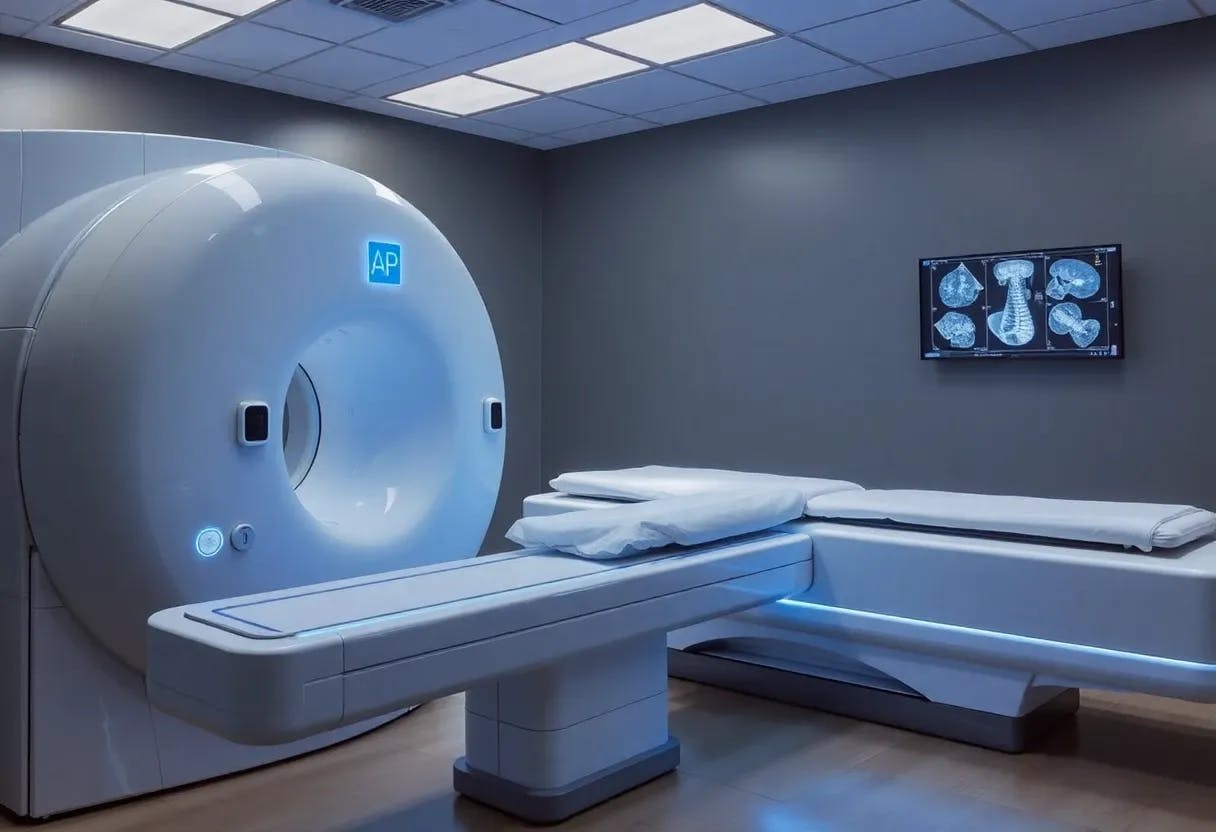Eleven artificial intelligence (AI) research projects and six quantum research projects will receive nearly $1,20,000 each, totaling over $2 million in grants for collaborative research and development.
The awards were announced at an event hosted by US Ambassador to India Eric Garcetti, who was accompanied by Dr. Seth Center, Acting Special Envoy for Critical and Emerging Technologies at the U.S. Department of State.
Indian Minister of State for Science and Technology Jitendra Singh and Secretary of the Department of Science and Technology Abhay Karandikar, along with Chief Science Adviser to the Government of India, Ajay Sood, along with the leadership of the Indo-US Science and Technology Forum (IUSSTF ), were present at the event to celebrate the announcement of 17 winners for collaborative research, development and commercialization projects under the USISTEF ‘Quantum Technologies and AI for Transforming Lives’ grant competition.
The proposals from the 17 researchers, who have been awarded grants, will leverage AI and quantum technologies to address critical societal impact challenges, such as AI-enabled early detection of cancer and quantum components to enable scalable quantum computing. The event marks progress in collaborative research and development in quantum technologies and AI under the US-India Initiative on Critical and Emerging Technology (iCET).
The two countries also announced more than $1 million in support for a new USISTEF grant for joint US-India research, development and commercialization in advanced materials and critical minerals. The grant program will expand collaboration between U.S. and Indian universities, national laboratories and private sector researchers.
The US Ambassador said, “India and the US share a vision of technology that can connect and protect their peoples and be used as a force for good. The endowment fund brings together innovators because, as I often say, the Indian dream is the flip side of the American dream, and vice versa, and we really like each other.”
Dr. Center applauded the awardees for AI and quantum and said, “Partnership between the United States and India is key to shaping the future of these and other emerging technologies.”
The USISTEF grant competition complements broader US-India collaboration on AI and quantum under iCET, such as the second meeting of the Quantum Coordination Mechanism in Washington in August, and bilateral research and development cooperation through the implementation arrangements of the US National Science Foundation with the Indian Ministry of External Affairs. Science and Technology and Ministry of Electronics and Information Technology.
Since 2009, the State Department-backed USISTEF has funded joint U.S.-India applied research and development projects for social good through technology commercialization.









